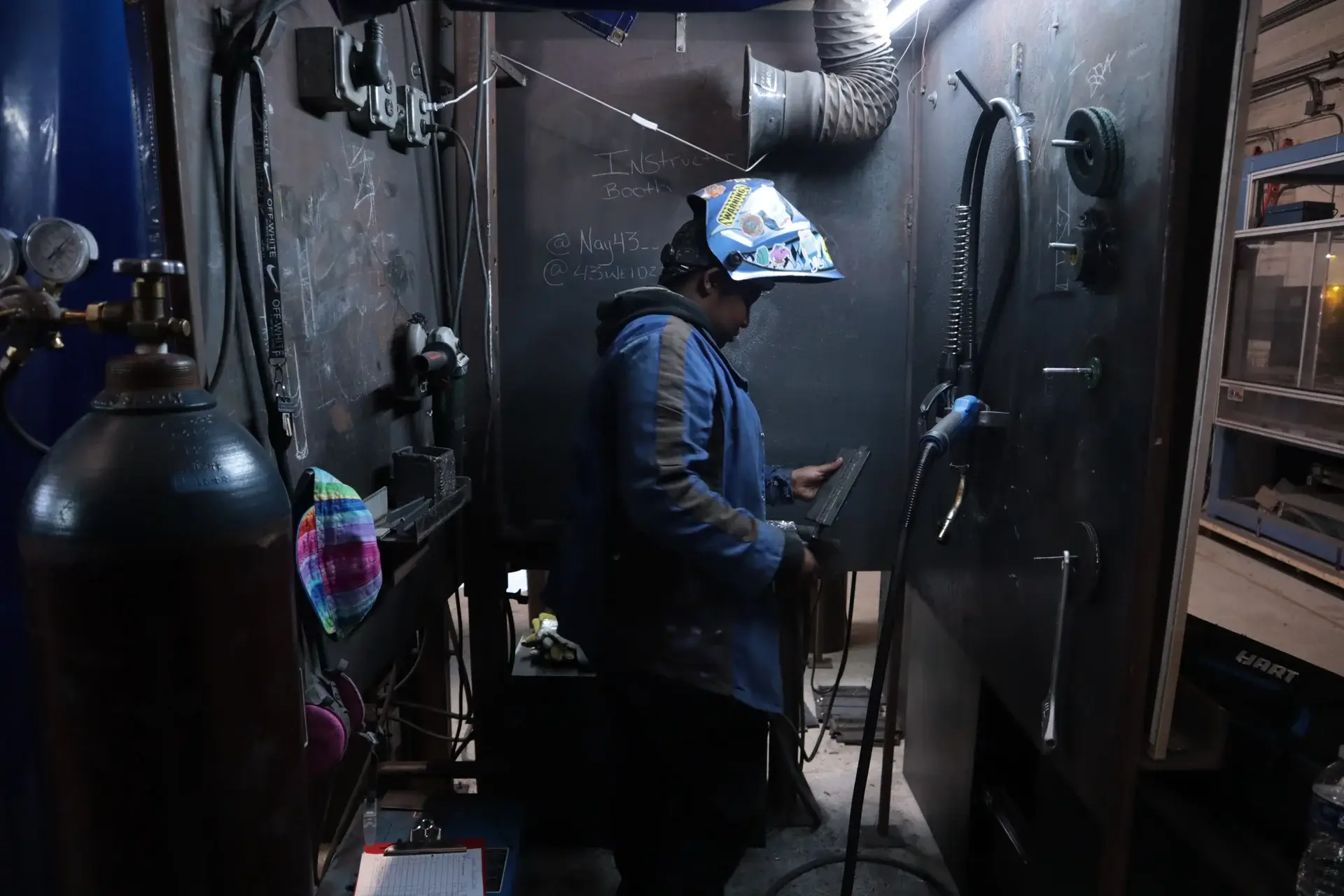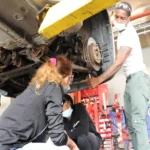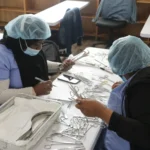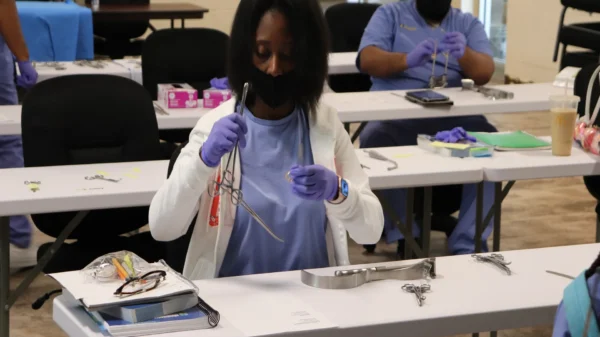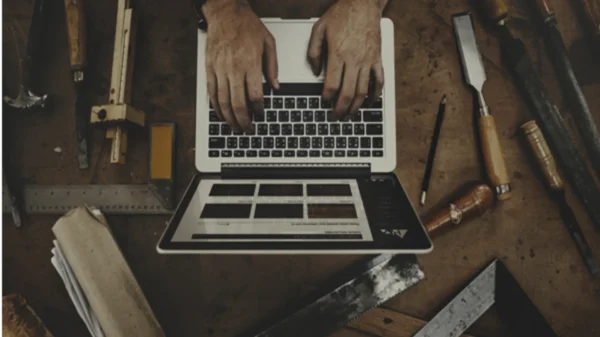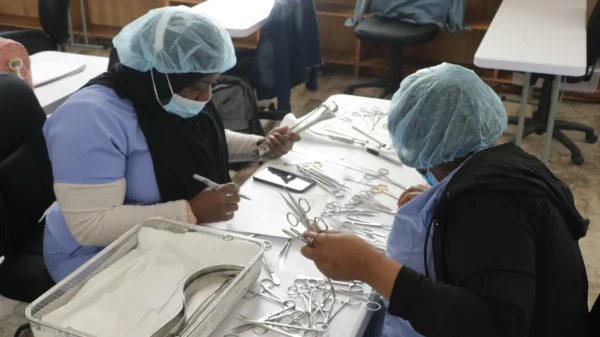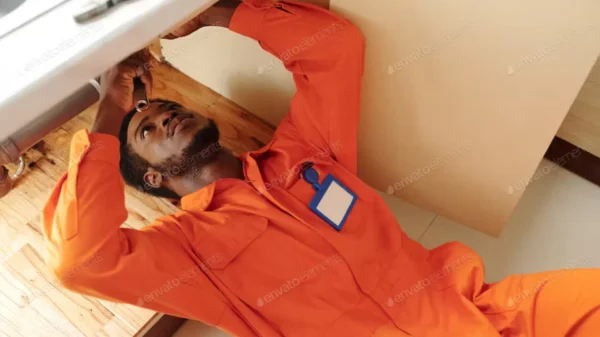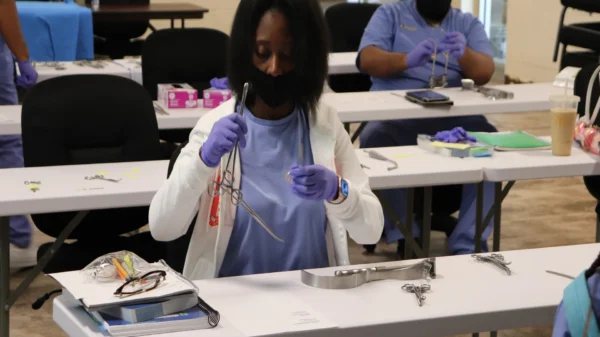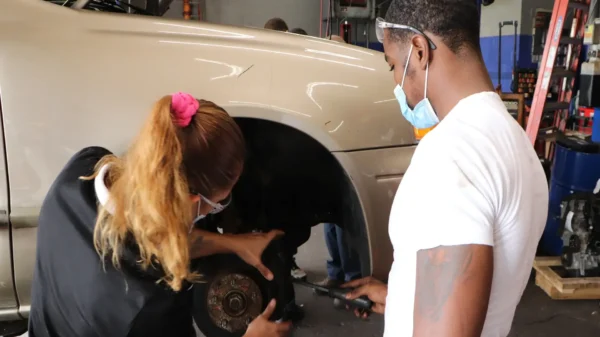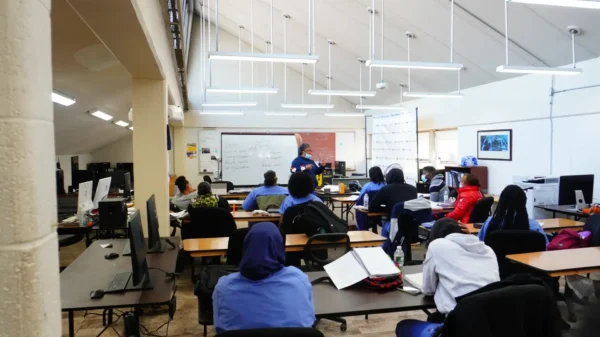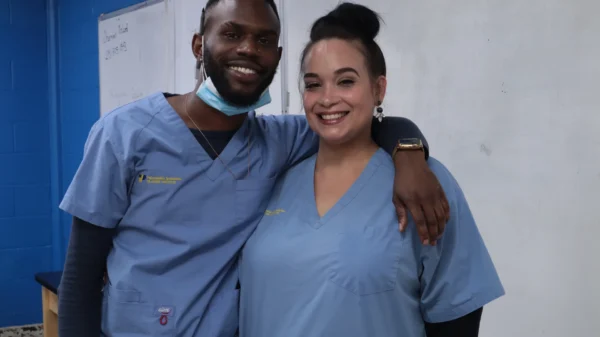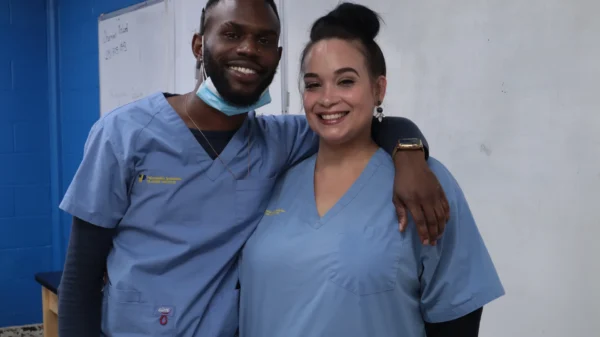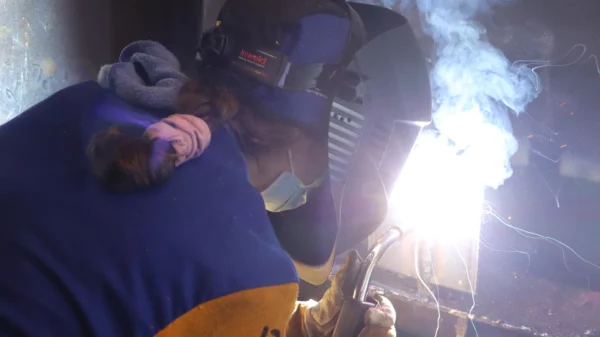A welding career makes a person aware of the many popular arc welding procedures to weld and cuts in a vast range of underwater environments. People opting for a welding career must use their welding know-how and detailed knowledge of diving methods and protocol to efficiently lay down strong welds, repeatedly in tight spaces and less-than-forgiving environments. Hyperbaric compartments and cofferdams are utilized for dry welding, while wet welding is accomplished in open waters up to various hundred feet deep.
Responsibilities Of An Underwater Welder
A widespread misconception is that “underwater welder” will be your job if you take on a commercial diving job that includes welding. Underwater welding is a mastery set, not a job title. The authorized name for a professional who performs underwater welding is a “commercial diver,” in much the similar way that a boilermaker or well driller may require to be skilled in welding, without labelling themselves “boiler welders” or “well welders.”
Underwater welding is just one significant part of a job that requires you to have various diverse skill sets, comprising first-aid and protection training, hyperbaric chamber undertakings, and dynamic problem-solving.
Their job and responsibilities include-
•Safe and efficient welding underwater, in a cofferdam, or another marine environment
•Perform slashing, fitting, and rigging, to salvage underwater equipment
•Identify weld discontinuities and deformities, and perform non-destructive testing.
•Survey waters of several depths for obstacles and perform underwater photography and recording
Every day, divers dress up, jump in the water, and conduct highly technical skilled labour to examine, maintain, and repair the infrastructure that keeps business and society together.
That’s a high-level outline of the work underwater welders execute, but the certain type of work you execute as a commercial diver counts on whether you are an offshore diver. Let us take a view of these 2 fundamental categories of underwater welding and how they are distinguished.
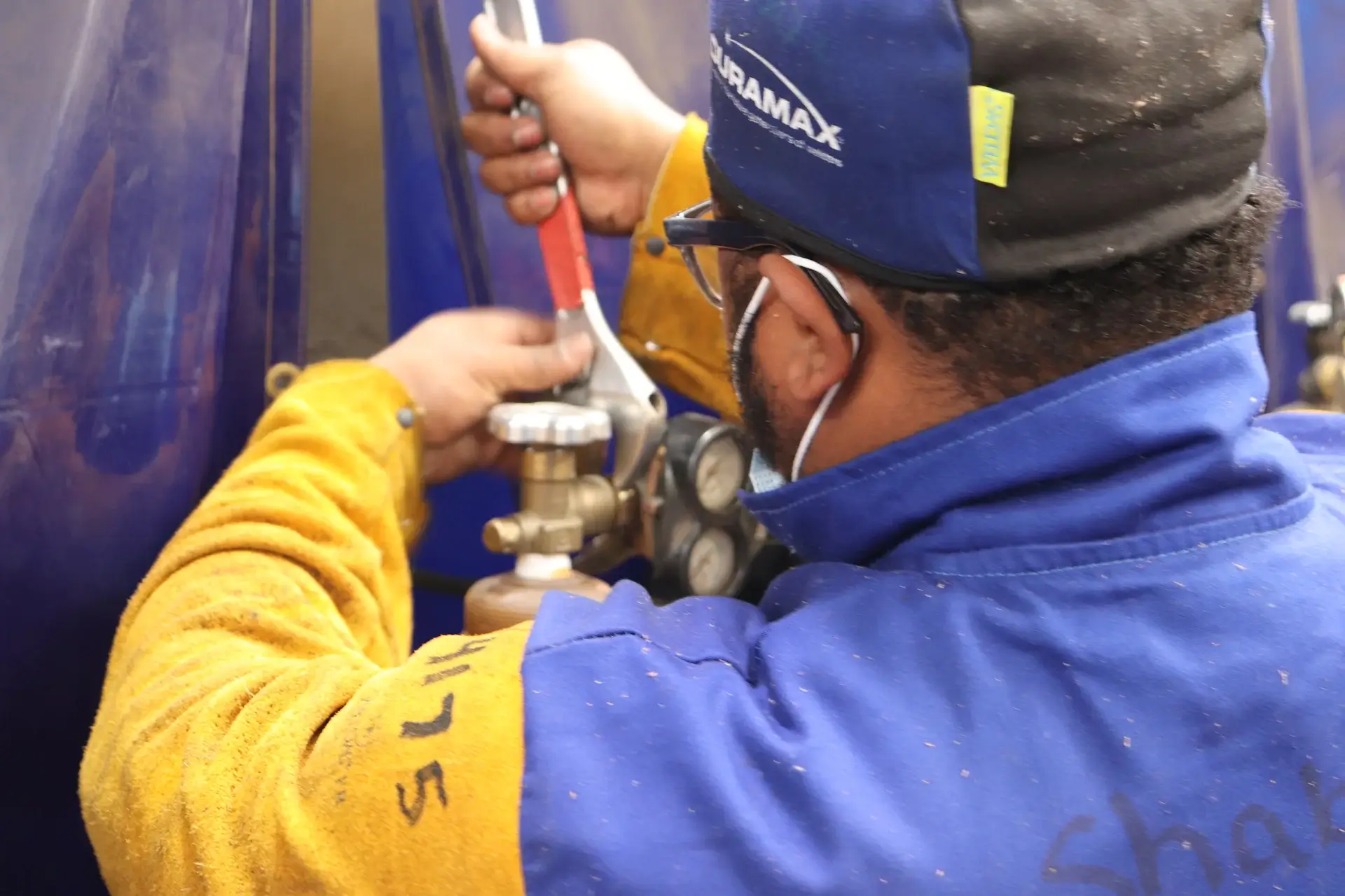
The Essence Of A Career In Underwater Welding
An underwater welding job gives you more than just the label of a welder. You get the opportunity to work with a team of tight-knit, encouraged professionals, the dignity of helping repair and protect something valuable to society, from bridges to hydroelectric infrastructure, the chance to work with your hands and be physically enthusiastic about the career, the extraordinary problem-solving situations divers discover themselves in each day need fast-thinking and serious technical know-how and affection of the water and diving itself.
Absent underwater welding work expertise, we would foresee more oil spills, equipment explosions, and other problems that endanger not only the environment but the fitness and safety of the people who live and work in habitats like the Gulf of Mexico. While you may remember the 2010 Deepwater Horizon oil spill, accidents of that extent are incredibly rare in the United States thanks to the inspections commercial divers handling on our oil systems in the Gulf.
Oil spills and outbursts have historically been more regular outside the US, in provinces like the North Sea, but a restored international focus on steady energy extraction has occurred in stricter examination requirements around the world. This means that commercial divers with underwater welding repair mastery are required in every country with offshore oil equipment.
This emphasis will also be felt domestically as we proceed to talk about our evolving need for protected infrastructure, driving the market for more commercial divers stateside. The offshore need is extremely strong during periods of extreme weather. In the United States, commercial divers must analyze oil rigs after every cyclone or typhoon, on top of the mandatory annual survey and maintenance.
Water treatment plants and hydroelectric plants need commercial divers and wet welders to maintain the apparatus running well, so citizens can enjoy safe, clean water and renewable sources of energy.
Many hydroelectric water treatment installations use water that comes in on intake structures from industrial rivers, hence the wish for inland underwater welding expertise. Divers work round the clock sustaining both intake and outfall layouts, deducing what requires restoration and then accomplishing those repairs using underwater welding and other abilities.
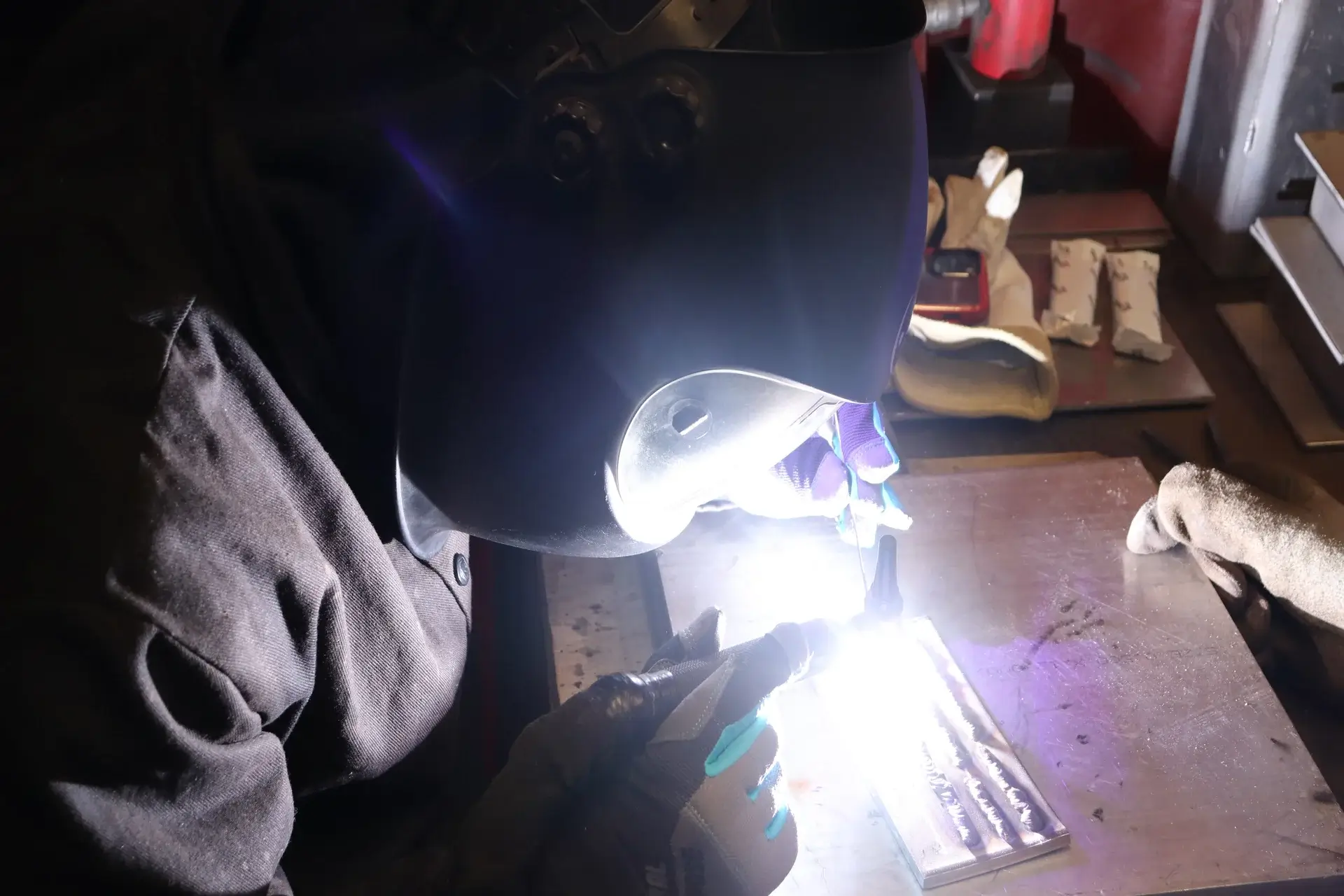
HOW MUCH DOES UNDERWATER WELDING PAY?
While in commercial diving careers they are paid well in general, salaries differ depending on where and how you achieve your work. For example, the annual mean income for a commercial diver in the Philadelphia metro region was $91,840 in the year 2016, as per the Bureau of Labor Statistics. That does not mean that you will be making that right out of the door, or that $91,840 is an upper threshold. Many divers who conduct underwater welding make well above or below that mean.
Conclusion
If you are enthusiastic about a welding career and have a skill for water, what better than a job in underwater welding? Make sure you fill yourself up with the true passion, tolerance and hard work to gear up for achievement as an ocean welder.


